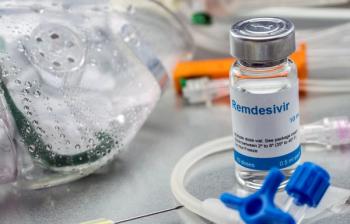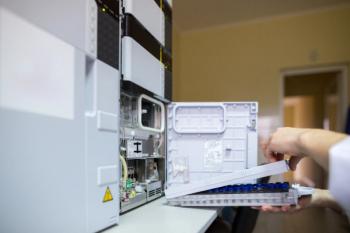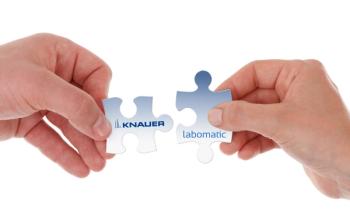
Flavonoids are widely used metabolites that carry out various functions in different industries, such as food and cosmetics. Detecting, separating, and quantifying them in fruit species can be a complicated process.


Flavonoids are widely used metabolites that carry out various functions in different industries, such as food and cosmetics. Detecting, separating, and quantifying them in fruit species can be a complicated process.

Highly reactive aldehydes can pose significant health concerns in polluted environments. HPLC was used in this study to simultaneously analyze carbonyl compounds hydrazones.

University of Caldas and University of Chile researchers extracted estrogenic hormones from wastewater samples using rotating disk sorption extraction. After extraction, the concentrated analytes were measured using liquid chromatography coupled with photodiode array detection (HPLC-PDA).

Led by Esther A. Olonimoyo, University of Maryland researchers created a new HPLC-based method for analyzing short-chain fatty acids.

Here is some of the most popular content posted on LCGC International this week.

Scientists from Ferdowsi University tested a new type of sorbent for effectively extracting remdesivir from samples.

Scientists from ThermoFisher Scientific published a review article in the Journal of Chromatography A that provided an overview of HPLC analysis using charged aerosol detection can help with polysorbate quantification.

Researchers from Agency for Science, Technology and Research in Singapore recently published a review article exploring how chromatography can be used to remove double-stranded RNA impurities during mRNA therapeutics production.

Researchers from the University of Mazandaran have developed a new system using HPLC-UV for extracting drugs using high-performance liquid chromatography-ultraviolet spectroscopy systems.

Here is some of the most popular content posted on LCGC International this week.

Scientists from Tabriz University and the University of Tabriz explored cellulose acetate-UiO-66-COOH as an affordable coating sorbent for thin film extraction of biogenic amines from cheese and alcohol-free beverages using HPLC-MS/MS.

Here's a taster of what to look forward to at the 54th International Symposium on High Performance Liquid Phase Separations and Related Techniques (HPLC 2025), which will be held from Sunday through Thursday, 15–19 June, 2025, in Bruges, Belgium.

A new solid-phase microextraction-based technique has been developed for extracting triazole residues from environmental samples including water and juice.

High-performance liquid chromatography with diode-array detection (HPLC-DAD) was tested for detecting antibiotic residues in environmental samples.

In this video interview from Pittcon, we ask Christopher Palmer about developing novel polymeric materials for microscale liquid phase separations, as well as some of the current trends and challenges he is observing in chromatography.

Shimadzu Corporation and Vrije Universiteit Brussel researchers recently investigated how extra-column band broadening (ECBB) can be optimized in micro-flow capillary liquid chromatography.

In this month's edition of the LCGC Blog, Emanuela Gionfriddo discusses chromatography resources that can help make the field more accessible to newcomers and veterans alike.


The Harvey W. Wiley Award is presented every year to a scientist, or group of scientists, who have made outstanding contributions to analytical method development in areas of interest to AOAC INTERNATIONAL.

This article delves into advancements in green chromatography, focusing on how innovative HPLC column design can drive eco-conscious practices.

In this installment, I primarily discuss considerations to keep in mind when choosing buffering additives that will be used for LC methods involving UV absorbance detection.

Labomatic Instruments and Knauer recently announced a new strategic cooperative relationship to offer their instrument portfolios to each other’s customer bases.

A list of the Top 10 LCGC Articles of the Month: Highlighting Diverse Topics in Separation Science

You're invited to publicize your 2024–2025 new product introductions in LCGC. Here's how to get your products included.

In this edition of The LCGC Blog, Jonathan Shackman discusses what factors to consider when choosing a mobile phase for liquid chromatography (LC) procedures.